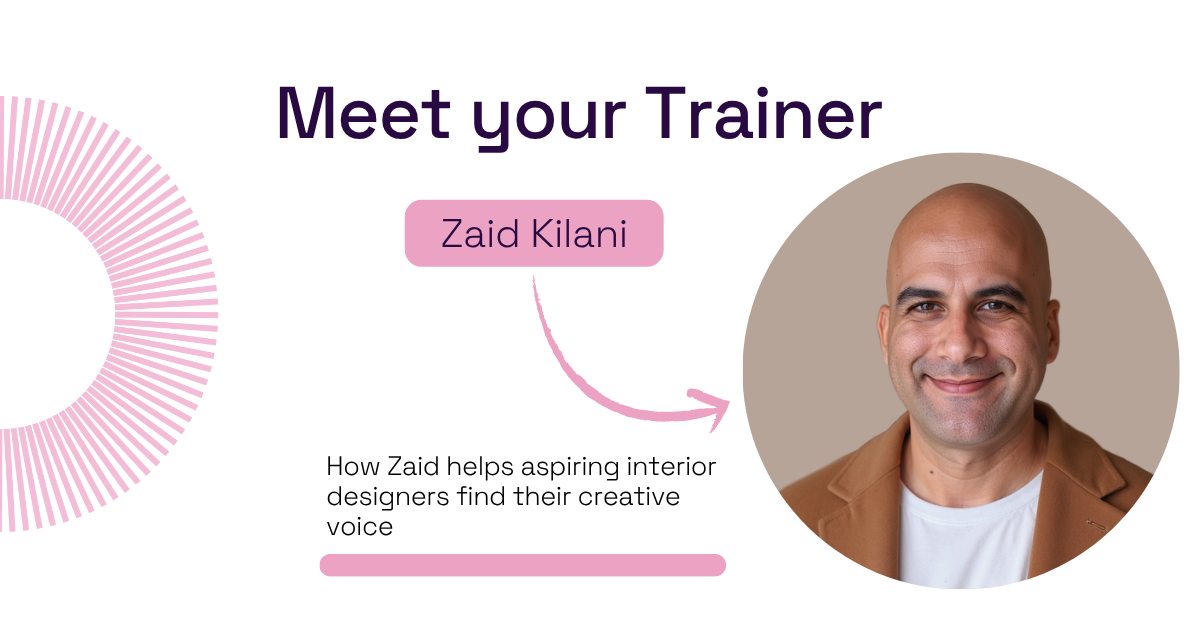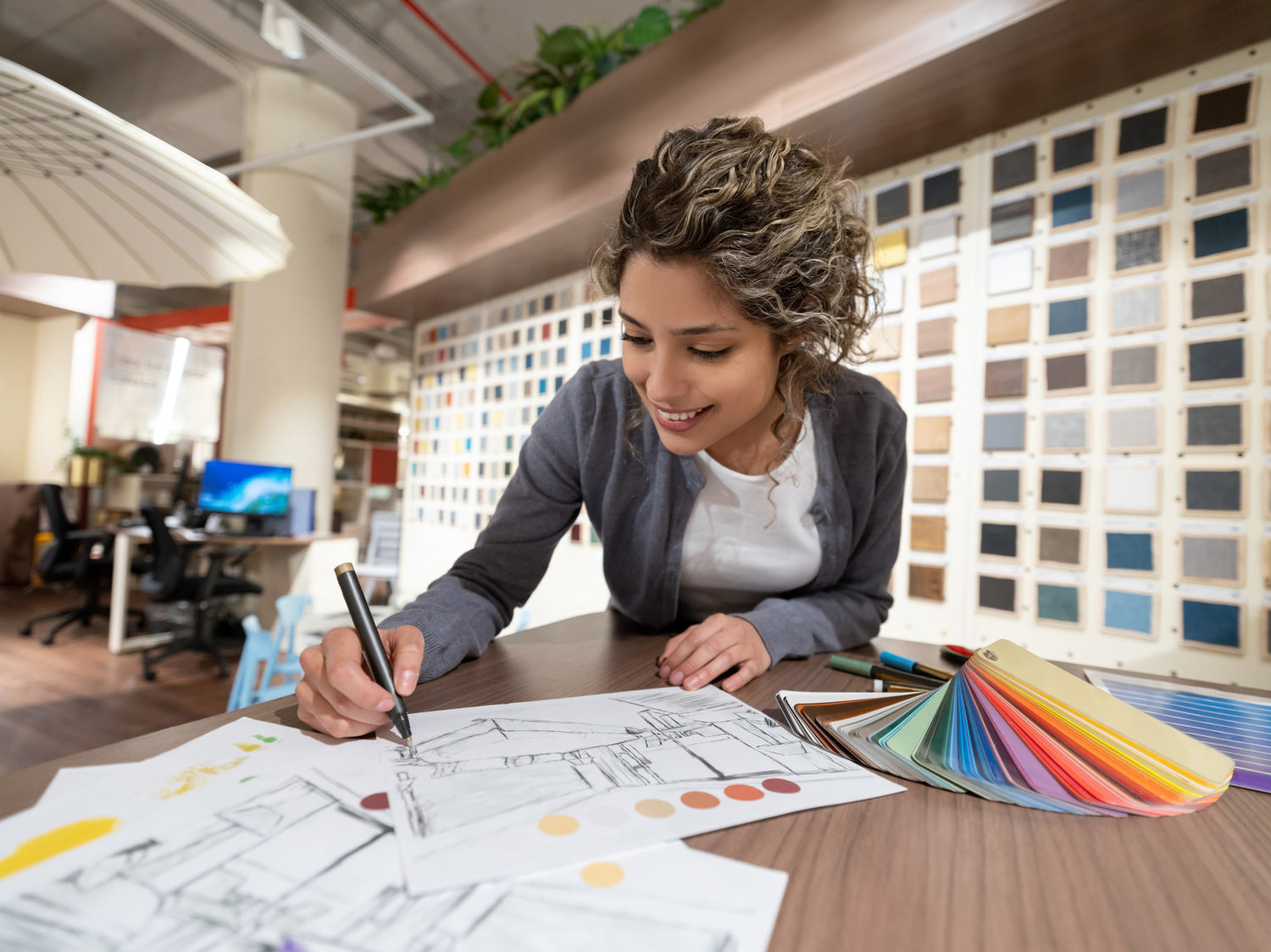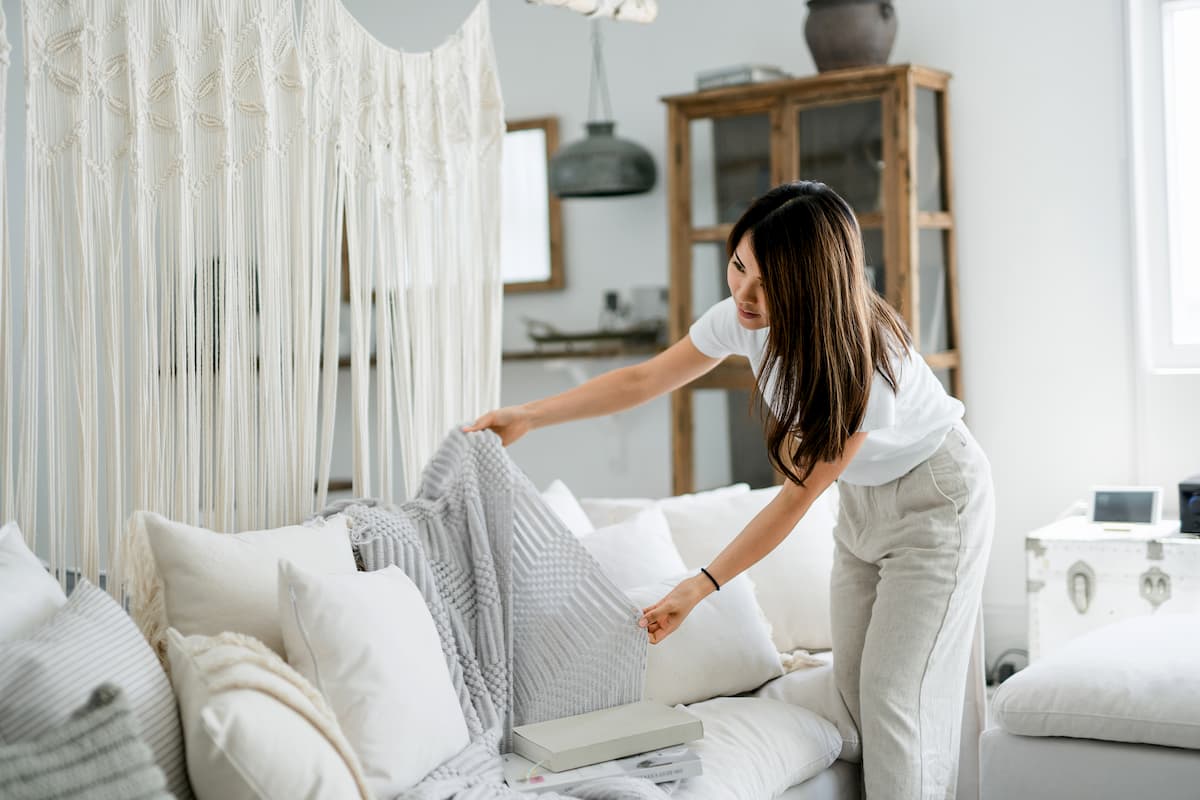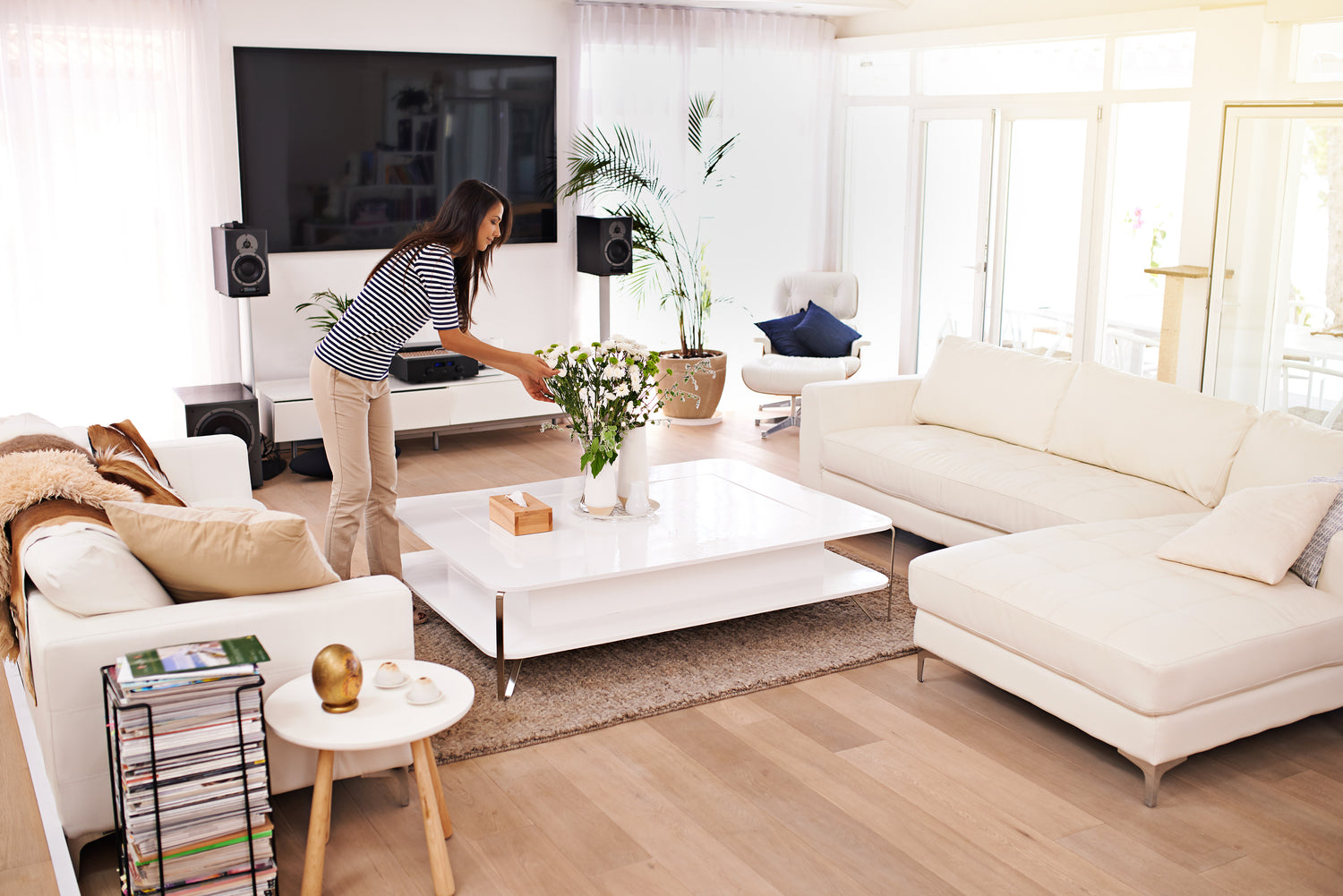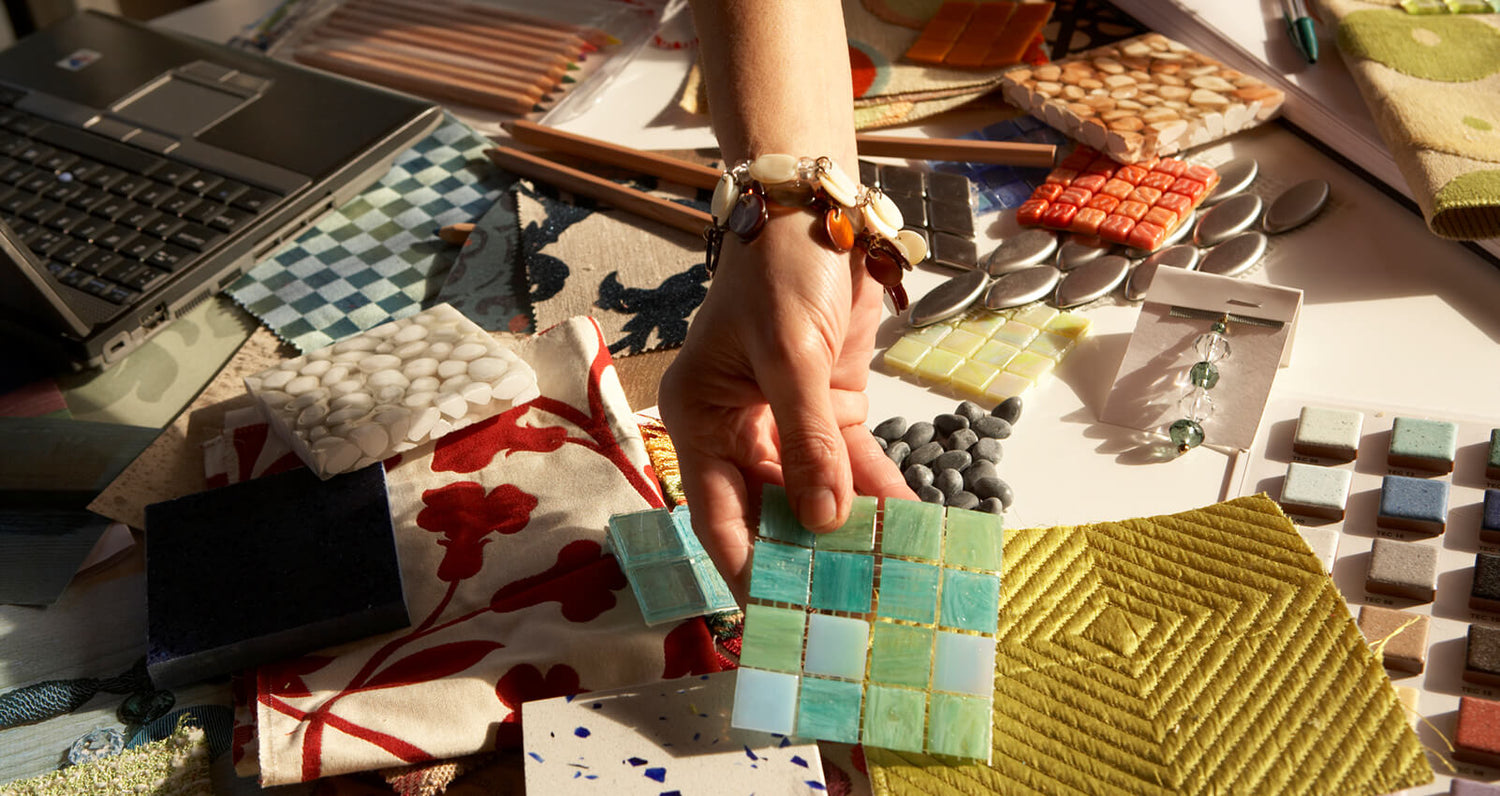Interior Designer
Interior design in Australia offers a rewarding career path for those with a passion for creativity and aesthetics. As an interior designer, you'll have the opportunity to conceptualise and design unique spaces, select materials and finishes, and oversee project implementation. With a growing construction and renovation industry, there are ample opportunities for interior designers to work on a diverse range of projects, from residential homes to commercial spaces. You'll have the flexibility to specialise in areas like residential or commercial design, combined with competitive salaries, makes interior design a compelling career choice.
Explore your career as an:
Gender Split
Employment by State
Highest Level of education (%)
Age Brackets
*The information on this page is sourced from the Jobs and Skills Australia website, based on their occupational data collected in May 2024. Where job titles may not be exact matches, related job areas have been used. This data is intended as a guide only.
How to become an Interior Designer
A successful career in interior design in Australia often involves a combination of academic qualifications and practical experience. VET programs provide essential skills and hands-on experience, which can also pave the way for university degrees. By combining academic knowledge with practical skills gained through VET, aspiring interior designers can build a strong foundation for a successful and rewarding career in the Australian interior design industry.


